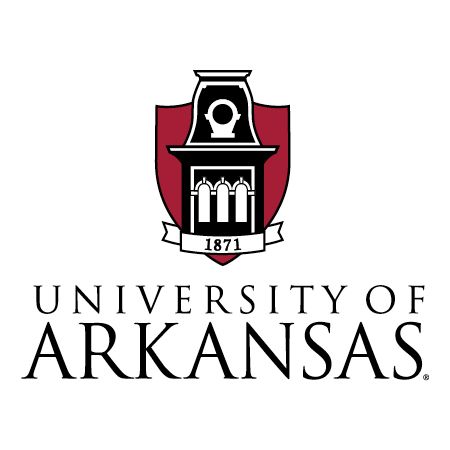The University of Arkansas Board of Trustees at its regular session meeting in Batesville on May 26, 2022, approved the University of Arkansas budget for the 2022-2023 fiscal year, that included a minimal 0.87% increase in fees for Arkansans and an increase of tuition and fees 3.0% for out-of-state students.
“We are pleased to be able to continue to offer a first-rate education and experience to our students keeping tuition and fees affordable for Arkansans and thank the board for their support of our plans and budget,” said Charles Robinson, interim chancellor.
The rate for undergraduate resident annual tuition and fees for 30 hours will be $9,656 for the 2022-2023 academic year, which represents an increase of less than 1% (0.87%) to targeted fees. All out-of-state students pay a higher tuition rate than residents. The approved full rate for undergraduate non-resident tuition and fees for 30 hours will be $27,182 for the upcoming year, which represents an increase of 3.0%.
As the university welcomes students for summer sessions and for the upcoming fall semester, it also continues to demonstrate its dedication to students from Arkansas, by providing $1 million in additional scholarship funding, as previously announced. Combined with an earlier increase of $5 million in scholarship funding devoted solely to in-state students, the university has increased scholarship funding for Arkansas students by $6 million since 2019.
The $1 million in additional funds will be used to provide $750,000 in scholarship support for incoming freshmen from Arkansas, while the remaining $250,000 will support current students from Arkansas. The majority of the new funding for new freshmen and for current students is based on need, and individual scholarship amounts vary from $3,000 to $5,000 annual awards.
These increases in scholarship funds are providing much-needed support to help students from every corner of the state afford to pursue a world-class education at the U of A and are made possible by the growth of enrollment. Last fall, the university had the largest number of Arkansans enrolled in school history.
“We continue to be the destination of choice and feel grateful to continue to attract more Arkansans than ever before and appear on track to break that record again with the fall 2022 class of incoming students,” Robinson said.
“We know that for many students in Arkansas, a scholarship may mean the difference between attending college or not, so we support our in-state students with lower tuition and by continuing to expand the funding available to support them,” said Robinson. “We hope that the growth and retention during the 2022-2023 academic year will enable us to increase these scholarship funds even more.”
During the 2021-2022 academic year, of the students from Arkansas who applied for scholarships this year, 97% received an award, up from 89% just two years ago. In addition, 87% of all endowed fellowship dollars go to in-state students, as does more than 85% of all of the university’s centrally funded scholarships.
Revenue from student enrollment growth also supports important projects such as the Cordia Harrington Center for Excellence (CORD), a new 70,000-square-foot student success center in the heart of campus, student retention programs and more.
The Board of Trustees also approved a proposal to continue a test-optional admissions policy, allowing applicants from Arkansas high schools with a GPA of 3.2 or higher to be reviewed for admission without having to submit scores from ACT or SAT, as well as the ability to create more stringent admissions standards for non-residents. ACT scores may still be required for honors participation and scholarship consideration. ACT, SAT, or Next Generation Accuplacer scores remain required for placement and enrollment purposes and to meet state reporting requirements.
About the University of Arkansas: As Arkansas' flagship institution, the U of A provides an internationally competitive education in more than 200 academic programs. Founded in 1871, the U of A contributes more than $2.2 billion to Arkansas’ economy through the teaching of new knowledge and skills, entrepreneurship and job development, discovery through research and creative activity while also providing training for professional disciplines. The Carnegie Foundation classifies the U of A among the few U.S. colleges and universities with the highest level of research activity. U.S. News & World Report ranks the U of A among the top public universities in the nation. See how the U of A works to build a better world at Arkansas Research News.
Contacts
John Thomas, director of media relations
University Relations
479-575-7430,
